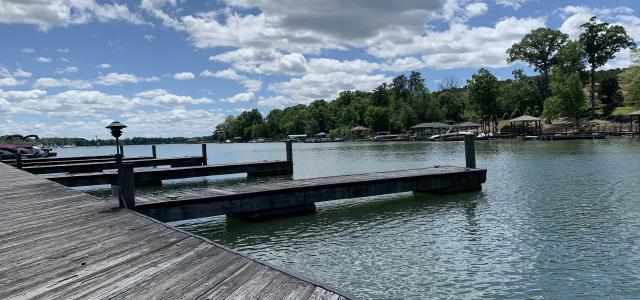
Building Financial Resilience: How to Prepare for Unexpected Emergencies
Are you ready for a financial emergency? Whether it’s hospital bills, car repairs, or unexpected life events like divorce, here’s how to navigate the unexpected with financial flexibility. At North Main Financial, we believe in proactively preparing for the future, and here are three key strategies to consider:
Maintain a Healthy Cash Reserve:
Building an emergency fund is crucial for addressing unforeseen expenses without resorting to high-interest debt. By keeping a cushion of cash on hand, you can weather financial storms with confidence and avoid additional financial strain.
Live Below Your Means:
While it may not be glamorous, living below your means is a practical way to boost your savings and emergency funds. By creating a budget and spending less than you earn, you can steadily increase your financial flexibility and prepare for unexpected expenses.
Look at Opportunities:
In today’s dynamic job market, staying open to opportunities that could improve your financial situation is essential. While not advocating for job changes, being aware of potential opportunities can help you maximize your earning potential and enhance your financial resilience.
Ultimately, having a plan is key to effectively navigating financial surprises. A financial planner can provide personalized guidance to help you prepare for significant economic events and achieve your long-term financial goals. By proactively building financial resilience, you can face the future with confidence and peace of mind.
If you have questions about your financial space, call us at (704) 987-1425 or visit us virtually at www.northmainfinancial.com. If you wish to schedule an introductory meeting, we would be happy to meet with you at no cost or obligation to you.
These Blogs are provided for informational purposes only and should not be construed as investment advice. Any opinions or forecasts contained herein reflect the subjective judgments and assumptions of the authors only and do not necessarily reflect the views of Osaic Wealth.

